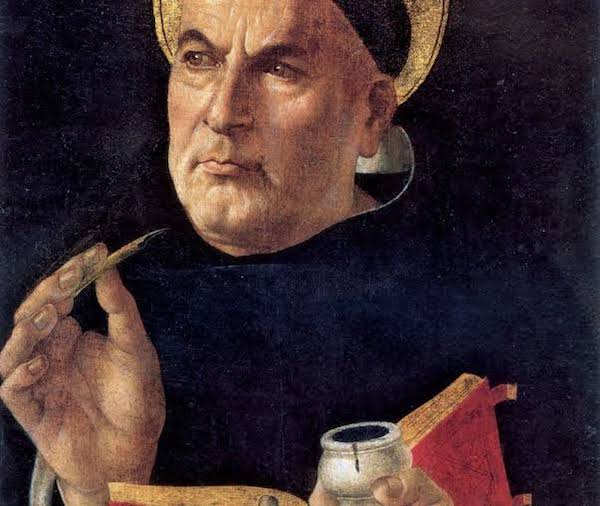Thomas Aquinas had been a prolific writer his entire life. But on December 6, 1273, Aquinas put down his quill and never wrote again. He reportedly told a colleague that he "cannot, because all that I have written seems like straw to me."
Why does it matter that Aquinas never wrote another word? While the exact reason for his sudden refusal to finish his long-awaited Summa Theologiae is lost to history, Aquinas died less than six months later. In his time, Aquinas was considered a Doctor of the Catholic Church even as he pushed the boundaries of what the Church believed about science and the supernatural.
Thomas Aquinas’ Early Life
Thomas Aquinas was probably born sometime in 1225 during the Middle Ages. Thirteenth-century Europe was beginning to wake up after centuries of rural isolation characterized by a lack of reason and logic. Tradition holds that Aquinas was born into Italian nobility and was destined for a life of study and worship. His family line traces back to Emperors Frederick I and Henry VI and devout Catholics. As was common for the period, his family sent him to a monastery at five years old.
When Aquinas was a teenager, he began rebelling against his family by secretly joining the Dominican order of monks. He was interested in learning more about Aristotle and the philosophical application of logic and reason to theology. But mostly, he wanted to serve God by teaching about his way of mixing science and theology. Upon hearing about his views, Aquinas's family kept him hostage for a year but relented when they realized he wasn't changing. Eventually, he rose up through the Dominican ranks to become a Doctor of Theology and head of the Paris Church University.
His Legacy
Today, his official name is Saint Thomas Aquinas. During his life and long after, the Catholic Church looked to figures like Saint Thomas Aquinas as links to the Church's developmental past. These figures are bridges to a theology that accepts philosophy and science as parts of God's truth. Saint Thomas was a devout Catholic who wore a chastity girdle until his death as a sign of faith and service to God.

